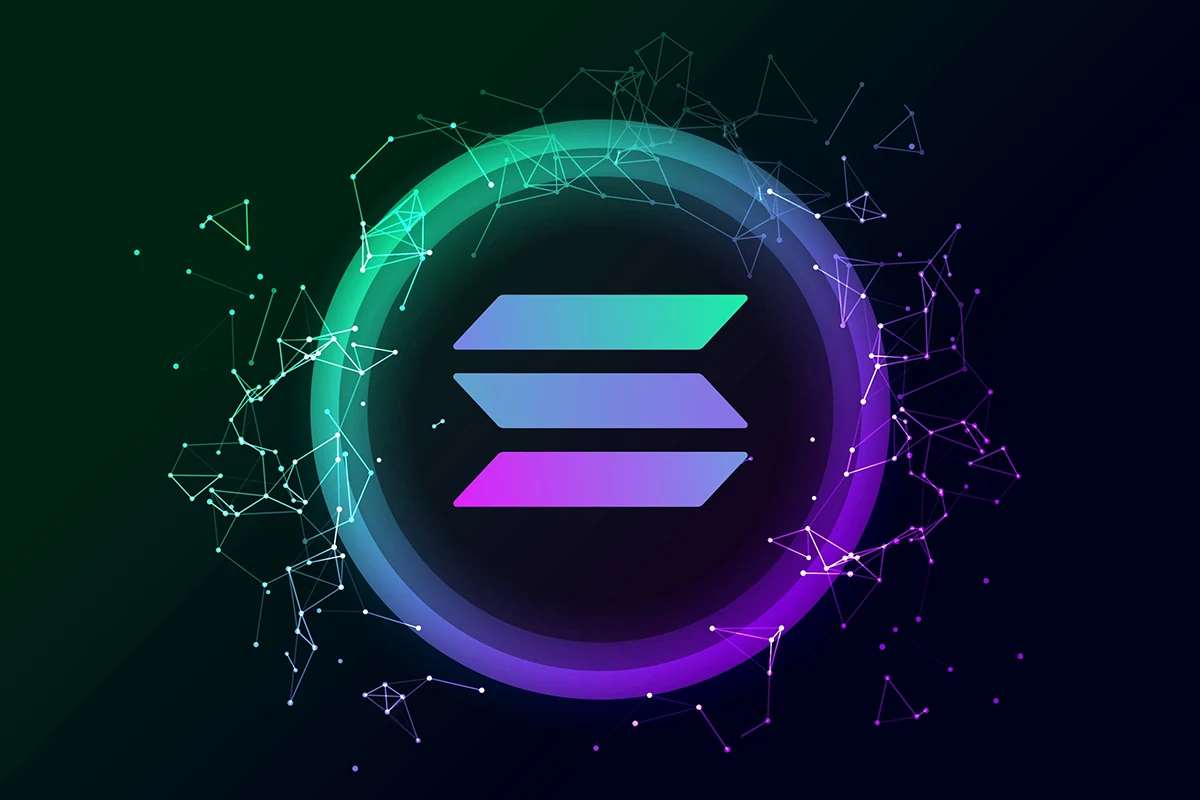No More Passive Browsing: AI Agents Are Taking Control

Besides adding new features like tabbed browsing and ad-blocking tools to enhance user privacy, the humble web browser has essentially been stuck in a time warp for the last 30 years, with very little changes in how it’s actually used.
Now, with the rise of AI, that’s about to change. This year marks the dawn of a new era of “agentic browsers” that will replace our passive windows to the World Wide Web with proactive tools that automate internet interactions autonomously.
Whereas traditional browsers rely on human inputs, agentic browsers are driven by AI agents capable of performing autonomous, multistep workflows and executing complex tasks across any website. They’re all the rage too, with the likes of Perplexity’s Comet, OpenAI’s Atlas, Opera’s Neon and Donut’s Donut Browser among a host of intelligent browsers to launch this year.
What Drives Agentic Browsers?
Automated browsers have quite a few tricks up their sleeves that allow them to understand what they’re looking at on a given web page, adapt to any changes and interact with the different elements on them.
One of the main ingredients that all agentic browsers possess is natural language understanding and an intent parser, which allows them to understand what humans are asking them to do. So if someone asks it to “cancel my subscription to Netflix”, it’ll know that it needs to proceed to Netflix.com and go from there.
They also feature planners and task decomposers, which help break complex instructions down into smaller sub-tasks and work out the sequence in which they must be performed. The web interface controller is what controls the browser’s user interface, giving it the ability to click on buttons, open tabs and navigate links, while state and context management capabilities ensure they can keep track of the actions they’ve taken to ensure they stick to the proscribed sequence.
Agentic browsers also feature verification layers to ensure they’re completing tasks correctly and ask for the user’s confirmation when they take “risky” actions. Many also include “feedback loops”, where if something goes wrong or the browser misinterprets a user’s request, it will “remember” what happened via the user’s feedback and any corrections they implement, helping them to avoid repeating the same mistakes.
Who’s In The Race?
Browser control has emerged as one of the hottest areas of the broader AI race, because companies see it as essential to enabling their vision of agentic automation. The very first browser-based agents, such as Browser Use, were developed independently, but almost all of the major web browser makers are racing to develop AI models that are deeply integrated with their products.
One of the first to launch was Opera’s Neon, which debuted in May and set new standards for human/computer collaboration. The browser runs by itself, following user’s intents, and is especially focused on contextual awareness to perform tasks such as shopping and research. Say a user wants to purchase a red dress to wear to that gourmet French restaurant. They can simply ask Neon to go shopping for them, and it will search through sites like Amazon to identify products it thinks the user will like, based on their specific prompt and previous purchases and browsing history.
The AI search engine Perplexity AI has also entered the race with Comet, aiming to become a personal assistant of sorts that’s capable of browsing the web, researching various topics, summarizing content and emails, and even drafting replies to those communications on the user’s behalf.
Meanwhile, the world’s most famous AI company, OpenAI, has developed its own take on the agentic browser concept with Atlas. The Atlas browser integrates the company’s iconic AI assistant ChatGPT, which can be accessed via a sidebar, enabling users to ask questions of whatever web page they’re browsing, summarize the content and so on. Like the others, it can also act autonomously, purchasing items and booking appointments. It also features an extensive memory that allows ChatGPT to remember context from previous sessions so it can deliver more contextual responses and actions.
More recently, we’ve started to see the emergence of highly specialized agentic browsers such as Donut Browser, which aims to automate actions in the world of decentralized finance. It’s the first “agentic crypto browser”, and its underlying models have been trained to monitor digital asset markets and automate trading. It continuously learns as it goes, and will adapt its trading strategies to each user, based on their risk profiles and preferences.
It’s powered by more than one model. Under the hood, Donut utilizes an open router that selects the best AI model for each task assigned to it – so it can use lightweight models for simple token swaps and take advantage of their speed, and then leverage more advanced reasoning systems to perform complex analysis of asset prices. Its agents draw on pricing and liquidity data from sources such as Pyth and Coingecko to find the best route for each transaction.
Agentic browsing is already an extremely competitive industry, with other options including Atlassian’s Dia, which it acquired for $610 million. The company wants to transform Dia into an agentic browser for work, fusing SaaS context with the web to better understand and complete work-related tasks in platforms such as Trello and Jira. Then there’s Fellou, Arc, Sigma, and even Brave, which doesn’t claim to be agentic yet, but provides access to many of the same capabilities through its AI agent Leo.
Isn’t This Risky?
The opportunities for browser automation are immense, but users should beware that these tools also amplify the same age-old security issues with navigating the web. Because they’re capable of accessing data, interacting with website UIs and taking actions autonomously, this increases the potential for mistakes to be made – such as clicking on phishing links, downloading malware and potentially paying the wrong person.
A recent study by Kaspersky found that agentic browsers can be susceptible to manipulation and tricked into downloading viruses through tricks like fake CAPTCHAS and malicious prompts embedded into web properties. They can also fall victim to social engineering attacks, the same study found. Moreover, a second study by University College London researchers revealed that agentic browsers have an alarming tendency to reveal sensitive information, such as social security numbers and medical records.
Such findings suggest a heavy dose of caution is required, but some agentic browsers are taking steps to prevent many of these risks, such as by requesting explicit approval prior to taking high-impact actions such as a financial transaction. For instance, Donut’s agentic crypto browser is built on a layered security model, where it’s allowed to complete some actions entirely autonomously, while requiring multiple authorizations for riskier operations. It also avoids dealing directly with user’s sensitive private keys. “We don’t give the agent the ability to click into your other wallets,” said Donut founder and CEO Chris Zhu in an interview with Decrypt. “Our wallet backend operates separately so the agent never sees your balances.”
Agentic Browsing Is Here To Stay
The era of passive web browsing is now fading away. Despite the security risks, the enormous interest in agentic browsers means they’re almost certainly to stay, and they promise to accelerate productivity. It’s a trend that’s going to transform the everyday browsing experience, making it less time consuming and more intelligent, and it may ultimately even change the look and feel of the web itself.
As browser-based automations give way to fully agentic workflows, don’t be surprised if we see websites evolve themselves to become easier for agents to interact with.
You May Also Like

Solana ETFs Market Grows with Fidelity and Canary Marinade’s New Funds

XRP analysts shift 2025 outlook as liquidity models evolve
